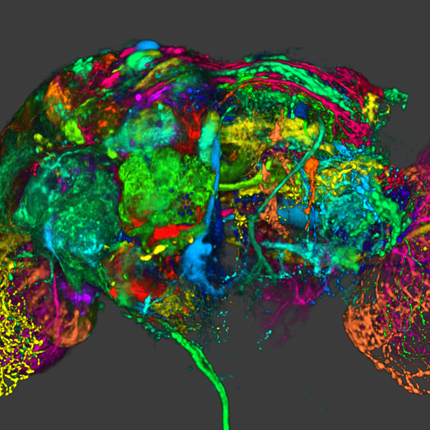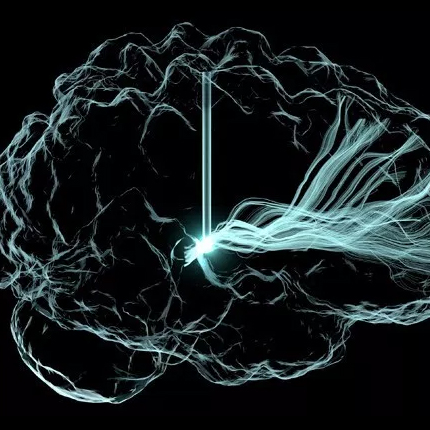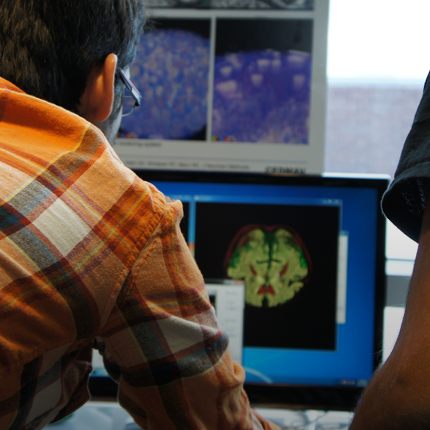Events on February 22, 2024

Warren Pettine, Assistant Professor at the Huntsman Mental Health Institute Presents:
From Computational Models to Behavioral Experiments and Psychiatry
February 22, 2024 at 2:00pm for 1hr
Evans Conference Room, WEB 3780 Warnock Engineering Building, 3rd floor. Social to follow in the SCI Lobby
Bio: Warren Woodrich Pettine, MD, is an Assistant Professor at the Huntsman Mental Health Institute, who investigates how attention shapes decision making, and how that process can be altered in conditions such as autism, depression or attention-deficit/hyperactivity disorder. His research program combines theory, data analysis and behavioral experiments. To develop theories of attentional deployment he uses biophysical neural networks, reinforcement learning algorithms, artificial neural networks, and other cognitive computational approaches. These models are informed by analysis of neural activity time series recordings. Model predictions are then tested through innovative tasks, deployed both in controlled lab environments and at scale through online games. Dr. Pettine obtained a medical degree from the University of Colorado and received computational neuroscience training through research positions at Stanford, NYU, and Yale.Abstract:
Computational psychiatry aims to bridge the gap between basic neuroscience and clinical practice by using mathematical models of cognitive processes. Attention and decision making are cognitive processes highly amenable to modeling and rigorous experimental design, and which are altered in conditions such as autism, or attention-deficit/hyperactivity disorder. In this talk, I will present computational models designed to investigate how attention shapes decision making, along with behavioral experiments that test predictions in the general population and clinical subjects.
Posted by: Nathan Galli




